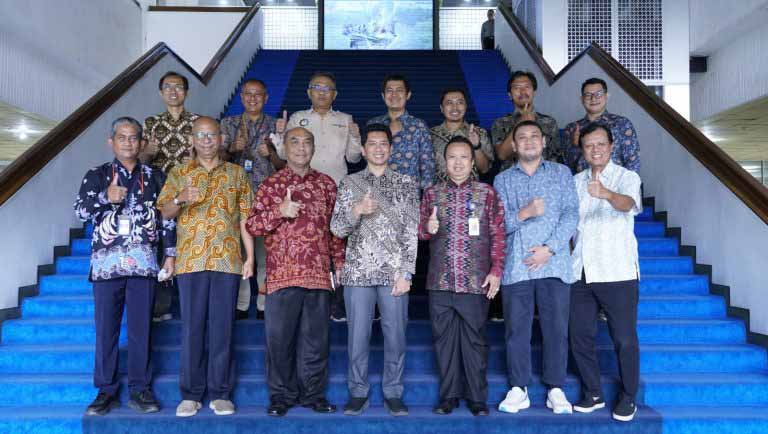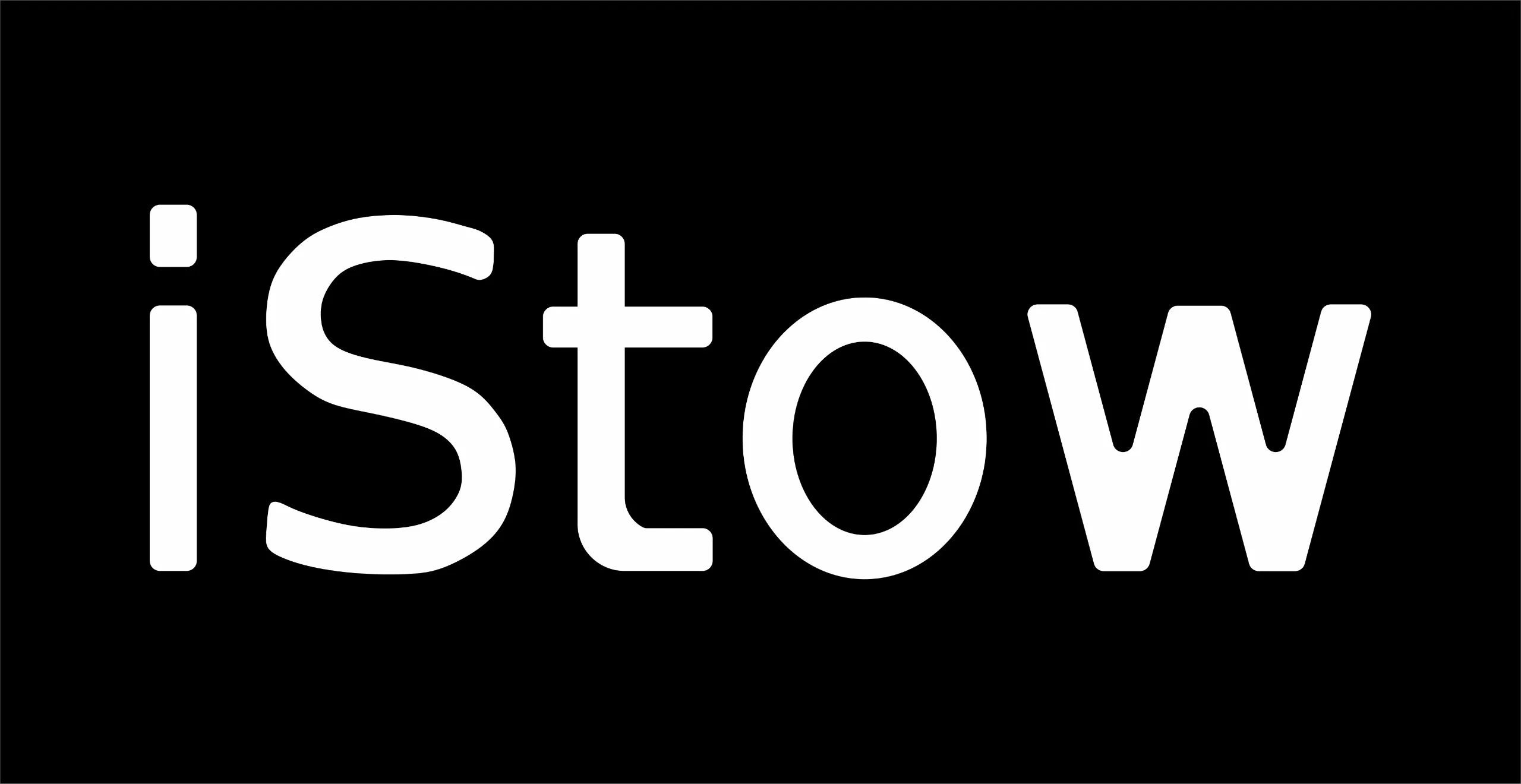KNKT: iStow Should Not Be Used for Accident Investigation, But for Accident Prevention
By KNKT – 14 March 2023
Issues related to cargo are one of the causes of accidents on ferry vessels. Many incidents of sinking ships are due to improper cargo planning. The cargo often exceeds the vessel’s capacity. In a study on the risk of ship accidents in waters conducted by Dr. Shanty Yahya, ST., MT, it was found that there are six potential risks that can lead to a ship accident. These six risks include not performing stability calculations after loading (A2TG), no inspection of cargo quantity/weight (A1TG), no stowage plan (A4TG), no ship stability check (A3TG), no inspection of the nautical-technical physical condition of the ship (A3TG), and poorly secured cargo (A7TG). Of these six potential risks, five are related to cargo issues.
Institut Teknologi Sepuluh Nopember (ITS), through the Department of Marine Transportation Engineering, is participating in efforts to reduce ship accidents caused by cargo by creating an application called iStow. iStow is software used for ship stowage planning/loading. This software includes calculations for intact and damage stability, shear forces, and bending moments, according to safety criteria set by the IMO. The architecture of iStow is designed for future integration with other related systems. The output produced by this application includes standard automatic documents for ship clearance and reporting, bay plans, manifests, stability calculations, and cargo lists on board.

ITS Serahkan iStow kepada KNKT (2023). Photo: dikti.kemdikbud.go.id
KNKT and Its Role in iStow
As part of efforts to expand the use of the iStow application, ITS has donated the application to several related parties. One such party involved in optimizing this application is the National Transportation Safety Committee (KNKT). On February 24, 2023, a handover of the iStow application was made to KNKT. The ceremony took place in the rectorate room of ITS and was attended by the Chairman of KNKT, the Vice-Rector of ITS, representatives from LPDP as funders, and researchers from within ITS.
In his speech, Bambang Pramujati, Vice-Rector IV in charge of Research, Innovation, Cooperation, and Alumni Affairs, stated that ITS is now focused on producing research whose outputs can be utilized by the public. ITS is no longer solely focused on publications and patents as before. To optimize this, ITS is expected to collaborate with various parties to understand public needs.
Soerjanto Tjahjono, Chairman of KNKT, warmly welcomed the donation from ITS. Soerjanto expressed his hope that the iStow donated to KNKT would not be used to assist in accident investigations conducted by KNKT, but rather that iStow would be used to prevent maritime accidents. Soerjanto added, “The challenge with this application is whether it can be used by relevant parties, in this case, shipping companies. Because the key point lies with them. Therefore, special approaches are needed, and in this matter, KNKT is very open to assisting the process.”
In his presentation regarding the iStow product, Setyo Nugroho, representing the Department of Marine Transportation Engineering, emphasized the importance of this application. Given that the loading time on ferries is very short, typically around 15-20 minutes, manual calculations are prone to errors, leading to inaccurate stability calculations and failure to meet standards. Digital transformation assists in the rapid stowage planning process and ensures compliance with all national and international safety standards. Additionally, the application includes visual alarms and safety indicator sounds to minimize human error. Another advantage of this application is its support for online SPB.
